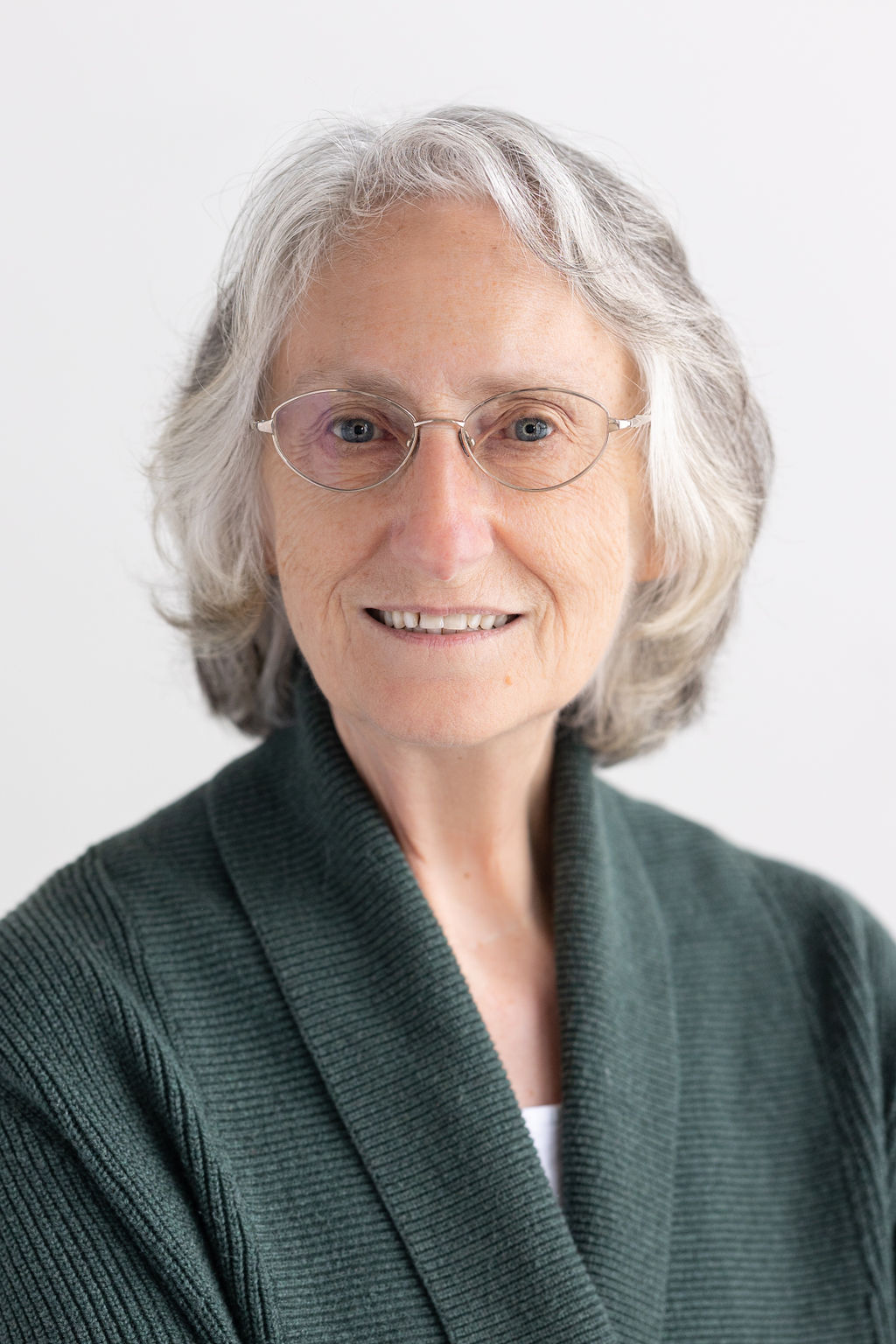
As an undergrad in Canada, I took an Honors B.A. in English Lang and Lit and a major in Theater Arts. I was active in our university’s theater program, specializing in tech work — lighting, sound, scene design. I was often stage manager for productions (I was organized and detail-oriented). When I graduated, I got offers for masters degrees and for jobs in tech theater. I was a rare woman in that field at the time and they were trying to beef up their numbers for diversity (even in the late 1960s). I was sure the offers were part of a numbers game and that the universities would have approached men if they hadn’t had to meet quota.
Offers came from prestigious grad programs, all in the big, bad U.S., land (even then) of crime and guns. The other offer was a job with Jean Rosenthal, a pioneer in the field of theatrical lighting design and a woman. Until Jean, the set designer or electrician handled lighting. Jean contributed to making the lighting designer key member of the design team, and called lighting “a career in itself”. She introduced innovations, created an atmosphere specific to a production, and was in demand on Broadway. My job was to learn experientially with her for a year, after which time I would be (it was hoped) in demand as a light designer myself.
At the same time, in my personal life, I was in love with my “boyfriend,” who would eventually become my husband. I had hoped to find a way to pursue both roads, but the only support I got was surprisingly from my father, a man who rarely supported anything I wanted to do, not because he didn’t love me but because he “knew what was best for me” in that male way of the time where men knew best and made decisions for others in the family. He believed I should follow what made my eye sparkle and working in the theater did that. He could see.
The pressure came from two places. My boyfriend was convinced that if I took a theater offer, we’d never marry. I thought this was crazy, partly because he was American and the jobs were in America, but he didn’t see himself moving from Michigan, where he was born and raised and where his family lived. He stressed about this, even though we weren’t even officially engaged yet. He just saw me swept up in Broadway never to return. He might have been right, but we didn’t know then and I will never know.
My mother was terrified of big, bad U.S. of A. Crime, guns, and safety. She hammered at me about this for weeks and her stress level was high enough that I began to feel that all-too-familiar feeling of guilt that women take on, no matter what. I had nothing to feel guilty about, I told myself over and over, but there it was — guilt every time I saw her in distress. If I did what she wanted, which was to follow a “traditional” path, staying local, marrying my boyfriend (who hadn’t proposed yet), and raising a family, I could make her stress go away.
I struggled, but eventually turned down the theater opportunities, took a M.A. in English and married. Ultimately, I moved to the big, bad U.S. of A., but that didn’t bother my mother as much because I had a man and would be “taken care of.” She wasn’t happy about it, but she didn’t go into a level of panic I’d seen in her before.
What I didn’t fully understand in my twenties was how absolute decisions are at that time in life. I had a great marriage, a fabulous one that many people don’t get. But I didn’t follow my theater dream and, for some years, had moments of regret. Then there was my other dream — writing. That went by the board, too, because I had a family, a husband, a child and dying parents, and I needed a steady job with benefits. I took a M.S.L.S. (Library Science masters) and got a job. Then I planned to retire early to write and my husband died. There went that plan. Only now, in my seventies, am I finally pursuing one of my dreams. Here I am.
